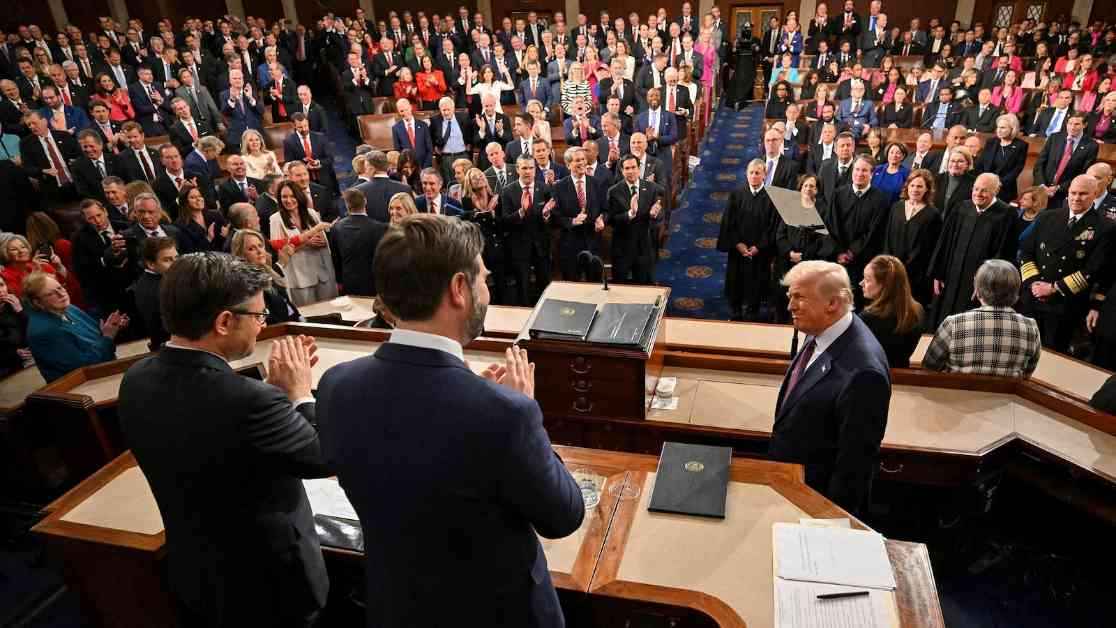Six weeks into his presidency, Donald Trump delivered a speech to Congress and the nation, outlining his plans for the next four years. During his address, ABC News and PolitiFact fact-checked Trump’s statements, highlighting claims that were misleading, needed more context, or were altogether false.
Fact-Checked Insights on Trump’s Claims
One of Trump’s claims addressed the rising price of eggs, attributing it to Joe Biden’s administration. However, the reality was more nuanced. While egg prices did increase under Biden, they also surged under Trump due to the impact of bird flu on the poultry industry. This led to a significant rise in egg prices, reaching record highs during Trump’s term, illustrating a complex economic reality that extended beyond political blame.
Another claim that Trump made was regarding his victory in the election, stating that he had won a mandate. While Trump did secure both the Electoral College and popular vote, historical context showed that his victory was not a landslide. The analysis revealed that Trump’s victory was characterized by narrow margins, unlike previous Republican wins, indicating a more nuanced political landscape that shaped his presidency.
Trump also mentioned ending an electric vehicle mandate from the previous administration, claiming to save auto workers and companies from economic destruction. However, the context showed that there was no such mandate under Biden, with the new standards implemented focusing on emissions across vehicle fleets. This highlighted the importance of understanding policy changes in their entirety to grasp their impact accurately.
Expert Insights and Commentary
In addition to fact-checking Trump’s speech, experts provided valuable insights into the implications of his claims. For instance, the decision to withdraw from the Paris climate agreement was defended by projecting potential economic losses, but the actual cost was far lower than Trump’s claim of trillions. This discrepancy underscored the need to critically examine policy decisions and their long-term effects on various sectors.
Regarding the issue of tariffs and their impact on American households, analysis from the Yale Budget Lab highlighted potential financial burdens on average families. The study indicated that tariffs could lead to increased costs across various consumer goods, affecting everyday expenses and contributing to inflation. This perspective shed light on the broader economic consequences of trade policies under the Trump administration.
Moreover, Trump’s assertion about the rising rates of autism in children sparked discussions among experts in the field. While acknowledging the importance of raising awareness about autism, experts emphasized the need for accurate data and comprehensive strategies to address the growing prevalence of the condition. This highlighted the importance of evidence-based approaches to healthcare and public health initiatives.
In conclusion, fact-checking Trump’s speech revealed a complex web of claims and realities that shaped his presidency. By dissecting his statements and providing expert insights, a clearer picture emerged of the challenges and opportunities facing the nation during his administration. This analysis underscored the critical role of media scrutiny and expert commentary in fostering a more informed and engaged public discourse on political issues and policies.


